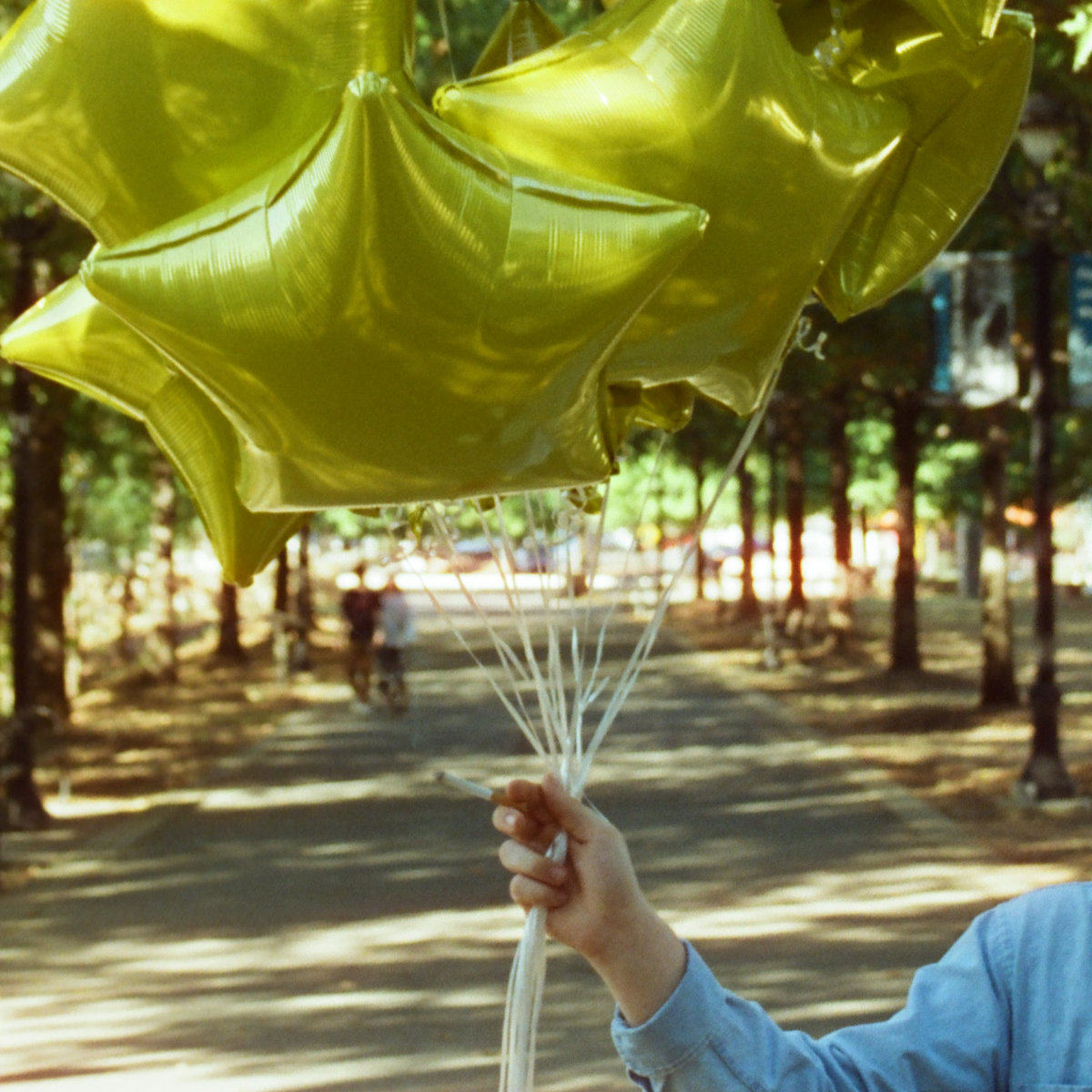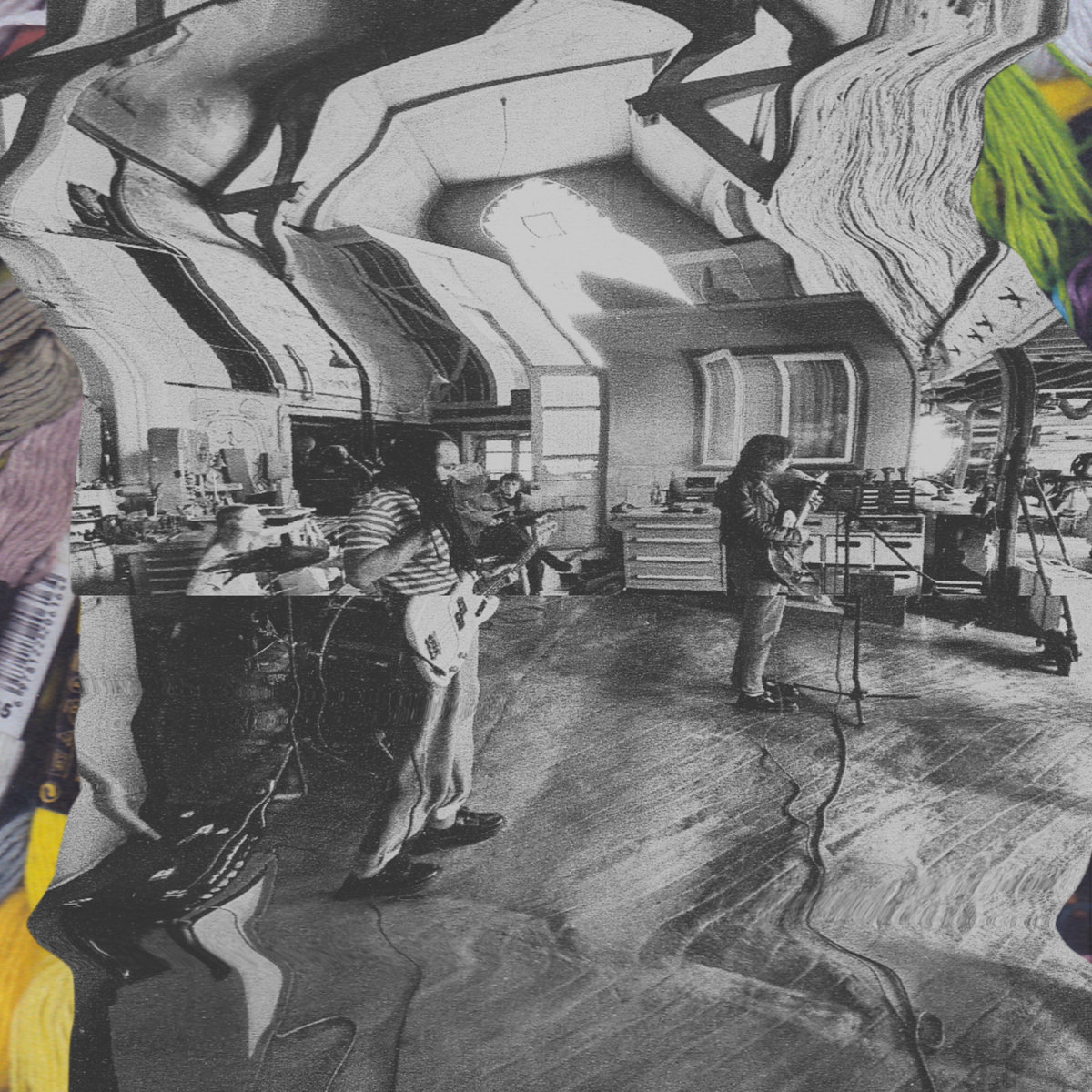Palette Knife – New Game+ | Album Review
/Take This to Heart Records
Palette Knife are an emo trio from Columbus, Ohio. If you don’t know what you’re getting into from that descriptor alone, there’s no better place to start than "Jelly Boi," the lead single off the band’s latest record. In one of the song's more open-hearted moments, lead singer Alec Licata belts out, “I don’t have sex anymore, I don’t feel sad anymore" at a near-scream. The lyrics shamelessly beacon out to emo/pop-punk fans sulking around corners of the internet and indicate the exact kind of confessional earnestness to expect from Palette Knife’s sophomore LP. The group draws clear influence from scene faithfuls such as Origami Angel, Commander Salamander, The Wonder Years, and Modern Baseball. The bits and pieces of these bands that Palette Knife used to craft New Game+ make for an extremely fun 35 minutes with seldom a boring moment.
While it may seem like the “I’m not sad anymore” era of pop-punk came and went with The Wonder Years’ conquering run in the scene, Palette Knife unearths this trope to kick off the LP in the previously mentioned track. The song slowly builds into a twinkle-led breakdown while detailing the need for Pabst Blue Ribbon and margaritas amidst a quarantine-fueled daze. The lyricism on New Game+ is quite straightforward, at times tongue-in-cheek, but works well within the context of the songs. The undemanding lyrics parallel the intricacies of Licata’s guitar playing, which knows exactly when to stand out in the mix.
One of the most impressive aspects of the songwriting on this LP is the consistent shifting of song structures. Track three, “Avatar the Last Cakebender,” hesitates to jump into the chorus until almost two minutes into the track, which is pretty remarkable restraint compared to the average emo band. Details like these keep the listener invested in each segment of the album, with the whole thing being broken up by three short interludes, “Death Screen,” “Pause Screen,” and “Fog Gate.” Some of those tracks lean into the video game theme of the release with 16-bit soundscapes, while others experiment with spoken word.
The songs following “Pause Screen” are some of the strongest on the album, “Weekend at Tony’s” starts with an extremely catchy and nostalgic intro riff followed by lyrics about cutting your hair in the summer and hating yourself. “Letters from Mom Town” features endearing guest vocals from Ceci Clark of Left Out, which provide a more mellow track at the midpoint of the album. “Damn, Son, Dim Sum” is the highlight of the album, and if there’s anything to take away from New Game+, it might be this track. Opening with tasteful and intricate guitar leads, the song uses D&D-themed lyrics to depict a friendship gone sour and had me coming back for more every listen. The track breaks down into a skramz-tinged apex towards the end of the song, capping off the powerful mid-section of the album.
“Fog Gate” leads the final stretch of songs in which Licata strays from the overt lyricism found on the rest of the album. In this spoken word track, he gives listeners the least amount of context yet encapsulates the theme of New Game+ when he says, “…I sat in my car while I was trying to cry for reasons unknown to me. God damn, I have everything I wanted and more…” These wistful sentiments crescendo into the final act of the LP, as frustration over trivial things such as D&D and fundamental particles put what’s really important into perspective. The final songs mostly blend together, with the exception of the last track, “...And That’s a Rock Fact,” which squeezes in tribute to the Cartoon Network cult classic, Over the Garden Wall. Additionally, it caps the album off with triumphant instrumentation paired with playful lyricism about Adderall and velociraptor sweaters.
New Game+ touches on everything one could possibly want or expect from an emo album in 2023—sound bites, weed edibles, nerdy gamer shit, PBR, anime, Adderall, and regrettable decisions, all with twinkle breakdowns in between. Palette Knife marvelously crafts an emo album for emo fans by emo fans. They know never to take themselves too seriously while playing to their strengths, offering up enough noodles to keep Midwest emo fans plugged-in and plenty of catchy choruses to keep pop-punk fans not sad anymore.
Brandon Cortez is a writer/musician residing in El Paso, Texas, with his girlfriend and two cats. When not playing in shitty local emo bands, you can find him grinding Elden Ring on his second cup of cold brew. Hit him up on Twitter @numetalrev.











